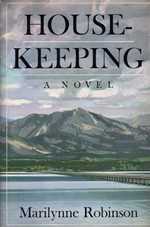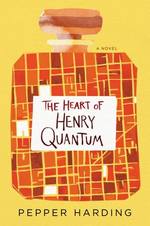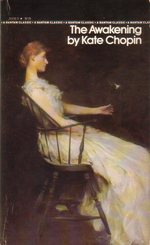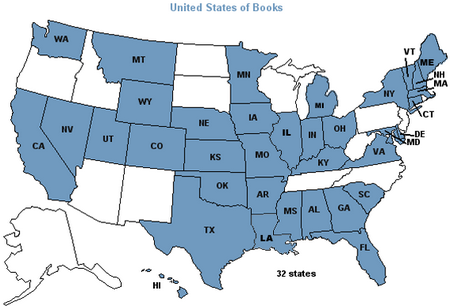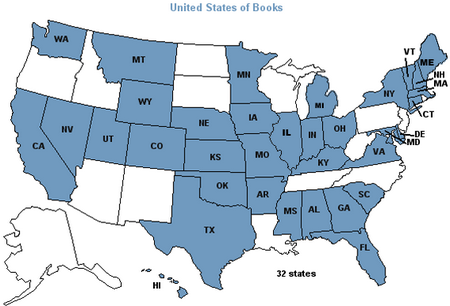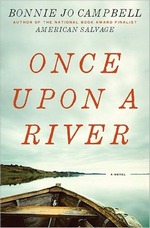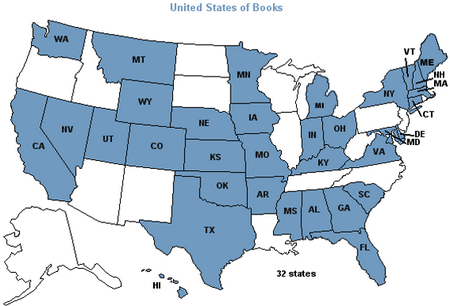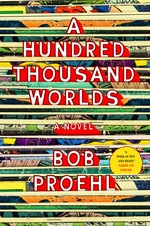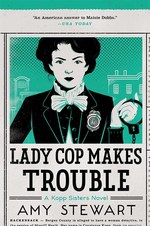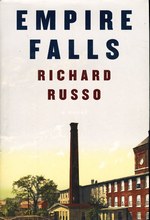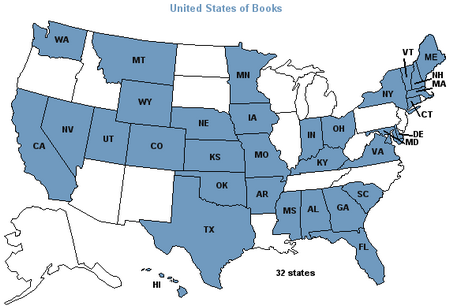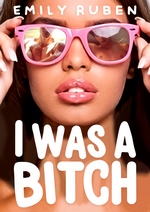 I Was a Bitch
I Was a Bitch
by Emily Ruben
Kindle Edition, 401 pg.
Inkitt, 2016
Read: October 3 – 4, 2016

There’s a moment in teen comedies where the ugly duckling (who’s become the beautiful swan, backstabbed/betrayed/turned on/disappointed their life-long friends and become a real jerk) is forced to realize that what they’ve become and what they’ve done — from The DUFF to Can’t Buy Me Love and all points between (and probably points earlier), this is a standard and pivotal plot point. Can this be done in a tired and clichéd way? Yup, and regularly is. Can this be done in a creative and worthwhile way? Yup. But it’s hard to pull off.
And then Emily Ruben comes along and does this in a creative and worthwhile way — and makes it look like a walk in the park. Don’t get me wrong — making something look that easy takes a lot of work, I know this. But Ruben makes it look effortless. And one of the many creative things she does with this is who she has tell her protagonist that she’s become a bitch — herself.
Lacey comes out of a coma that’s lasted months and doesn’t remember the last couple of years. She starts using context clues, Facebook, utter strangers appearing in her hospital room, text messages, etc. to start piecing those two years together. What she learns about herself does not please her. She’s in shape — beyond that, she’s in great shape and dresses to flaunt it. Her “friends” are equally hot, as shallow as you’d expect and just nasty to others. Her boyfriend might as well be wearing a Kobra Kai uniform. She’s hidden some aspects of her personality — her sense of humor, kindness, clumsiness, intelligence, bookishness — and replaced them with, well, not much.
But there’s this Finn guy — who no one seems to know, but he sure seems to know her. Possibly more attractive than her boyfriend, definitely nicer than anyone she’s not related to. Just who is he, and what is he to her?
Lacey continues to investigate these questions (and more) while she recovers, goes through physical therapy, and returns to high school. And once she gets some answers — and some of her memories — about who she had become in the last two years, she has to make some decisions about who she’s going to be from now on.
We don’t get a full explanation of why Lacey took the steps she did to become who she became — but we get enough (and I think Lacey feels the same way). I like the fact that we are left with a few “i” not dotted and a handful of “t”s not crossed. Ruben had to resist a good deal of temptation to keep things vague at points — kudos to her.
I have a growing impatience for books who maintain dramatic tension through characters not having the guts to be honest with each other, to ask a question, to make a confession (not to a crime, but to something that’ll be uncomfortable) — but that’s just me. My notes are full of me complaining about Lacey ducking opportunities to have these conversations. By having her character take this road, Ruben doesn’t do anything that 97%+ of writers in all media wouldn’t do — sure, it’d be nice if she swam against the stream, but I can’t fault her too much for this.
Outside of those books where the parents/a parent/guardian/older family member turn out to be the villain, I can think of few worse parents than Lacey’s. I get that after a few months, they can’t afford to spend all day at the hospital — they have to work to pay the bills. But there are plenty of hours in the day for them to get over there after work — they regularly spend days without visiting her. And big brother comes back from traveling the world to be with her during her recovery — and he’s barely a presence. Sure, this gives time for her to deal the memory thing and the romantic problems, but it’s just done in a way that infuriates parents — there’s no way that any parent worth their salt isn’t around more. (it doesn’t get much better once she gets out of the hospital, either).
I loved Lacey’s voice, her interior monologue — who she really was. Her use of the phrase “Neville Longbottomed” to describe her physical changes is one of the best things I’ve read lately. I had a lot of fun reading this book and expect I won’t be alone.
As a forty-something father of four — I’m so not the target audience for this, possibly the furthest from it. But I gotta say, this was an enjoyable and entertaining read.
Disclaimer: I was provided a copy of this book by Inkitt in exchange for my honest opinions.
—–



